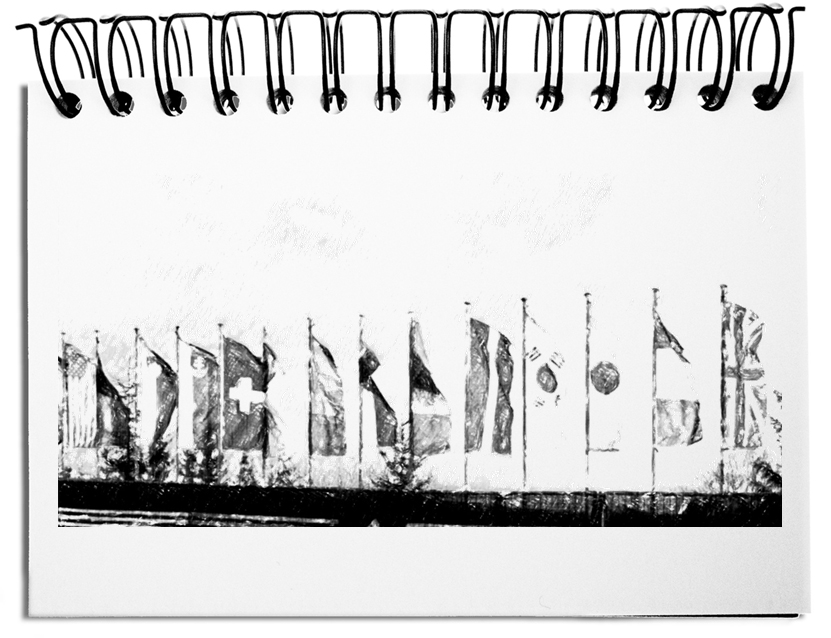Transnational enterprises develop, produce and sell their deliverables worldwide. For this purpose, they need a self-understanding that integrates different ways of thinking under one supranational roof. Should this multi-cultural claim not always become visible?
The following bullet points provide indications, how far an enterprise fulfills its global self-conception.
- Advertisement
Customers develop over time a glocal image of the enterprise, if local references are avoided and a brand or a product are in the focus of advertisement. - Localization
If the products are adapted to local conditions, like customer culture or prevailing market conditions, the customers can identify more easily with the enterprise. - National flags
The flagging with banners of all countries that belong to the enterprise underlines the internationality of the enterprise. - Multilingual sign-posting
The writing and language of the guide-posts within the locations should be at least in local AND English language or at best in all languages of the company. - Internationalized HR policy
The job offers should contain international requirements like mobility, multilingualism and interest in other cultures. - International board
The board of a transnational enterprise should be composed out of various nationalities.
Truly transnational companies do not practice cultural imperialism, like Americanization, Europeanization or Chinaization. They have a global identity that integrates the various cultural strengths to an advantage for the enterprise.

